African Culture & People: The Makishi of Zambia
African culture is rich and diverse, encompassing a multitude of traditions, rituals, and practices that span the continent and have been passed down through generations. The Makishi masquerade is a fascinating ritual that showcases one aspect of African culture that is alive and thriving in Zambia today. Rooted in the annual initiation ritual called Mukanda, this cultural phenomenon holds great significance for the Vaka Chiyama Cha Mukwamayi communities residing in the northwestern and western provinces of Zambia. In this blog post, we will delve into the intriguing world of the Makishi masquerades, exploring their historical context, symbolism, and the impact of modern-day influences.
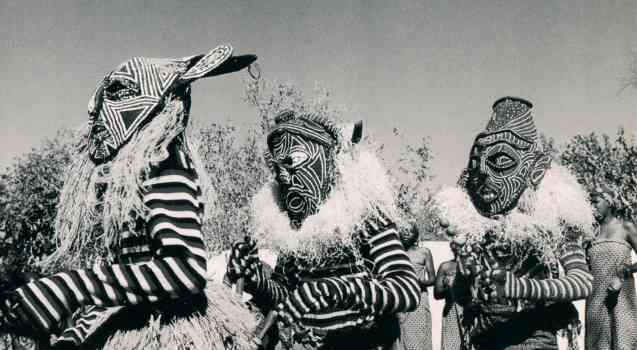 Makishi procession, African culture
Makishi procession, African culture
Zambia: Safari & Diverse African Culture
Zambia, landlocked and often overlooked, is a vibrant country known as the home of the walking safari, and wildlife encounters in wild places. Zambia is also one of Africa’s success stories. Transitioning from the colonial to the modern era, Zambia is politically stable, and one of Africa’s fastest developing nations. With over 70 tribes and languages coexisting within its borders, Zambia is a melting pot of cultural traditions, beliefs, and practices. The Zambian people share a deep love of storytelling, music, and dance, which are all evident in their vibrant festivals and celebrations. From the renowned Kuomboka and N’cwala to Likumbi Lya Mize and Umutomboko, Zambia hosts over 20 festivals that showcase the country's cultural vibrancy and diversity. Amongst these colorful African cultural celebrations is the Makishi masquerade.
African Culture: Preserving Zambian Traditions
While visiting Zambia for an African safari is the norm, the cultural fabric of Zambia is fascinating, but sadly increasingly under threat. In the face of modern pressures, globalization, urbanization, and westernization, Zambia's people strive to maintain their rich cultural heritage. They hold steadfastly to their traditions, recognizing them as invaluable repositories of their collective identity. Cultural practices and customs form an important part of Zambian society, serving as a source of pride and a link to their ancestral roots. It is this deep connection to tradition that makes a cultural exploration of Zambia so fascinating. Despite the external threats and pressures experienced in the anti-cultural milieu, the people of Zambia remain committed to safeguarding their cultural treasures, ensuring that they endure for generations to come.
 Zambian boys ready for Makanda
Zambian boys ready for Makanda
Zambia Mukanda Initiation Ritual
The tradition of the Makishi masquerade is intimately intertwined with the Mukanda rite of passage. The Mukanda is a profound annual initiation ritual designed for young boys between the ages of eight and twelve. This rite of passage, celebrated by the Luvale, Chokwe, Luchazi, and Mbunda peoples, serves as a symbolic and transformative journey as the boys travel from childhood to adulthood. While tourists begin arriving for the peak safari months from May to October, Zambia’s age-old traditions keep their own pace. The Mukanda commences at the onset of the dry season when the young boys bid farewell to their families and retreat to isolated bush camps for a period of one to three months. This is an extremely personal and exclusive rite that is shrouded in secrecy, and never open to outsiders.
The separation from their birth mothers and supporting family structures is symbolic of a metaphorical death. The separation from the outside world is a crucial aspect of the initiation process and marks the first step in the death, rebirth cycle of changes. The emphasis here is on the cyclical nature of life that is so fundamental to African time. During the initiates' time in the bush camps, they undergo tests of courage, receive teachings about their future roles as men and husbands, and undergo other rites of passage. Each initiate is assigned a specific masked character at the beginning of the rite, that accompanies and guides them throughout the entire Mukanda ritual.
African Culture: The Makishi Masquerade
The Makishi is a masked character that represents the spirit of a deceased ancestor who returns to the earthly realm to help the boys transition into adulthood. These Makishi masquerades, ancestral spirits, are a fundamental part of the ritual and serve to link the ancient past with the present. The characters are adorned in vibrant and intricate masks, and they embody spiritual wisdom that serves a mentorship role in the initiates transition.
Important Makishi characters include Chisaluke - the powerful and wealthy man with spiritual influence, Mupala, known as the "lord" of the Mukanda and a protective spirit with supernatural abilities, and the Pwevo, a female character embodying the ideal woman responsible for the musical accompaniment of the rituals and dances. The Makishi are not however one dimensional and tend to evolve and keep pace with world events. Other Makishi include hyenas, lions, and even helicopters (a relic of the bush wars fought between 1966 to 1990).
Zambia Cultural Highlight: Makishi Dance & Graduation Ceremony
Upon the completion of the Mukanda rite of passage, a joyous graduation ceremony takes place, where entire villages gather to witness the Makishi masquerade dance and pantomime-like performance. On the eve of the festival, the men of the village embark on a ritual where they take their masks to the graveyard and spend the night there, inviting the spirits of their ancestors to inhabit them. The next evening, they emerge in the village donning their masks.
The Makishi festival joyfully celebrates the return of the initiates to the village, who, now transformed into men, are ready to reintegrate into their communities. The masquerades are everywhere, among the villagers, chasing children, and performing in the streets; the entertainment value is an important aspect of this social rite of passage. The Makishi masquerades and dances are performed with vigor and enthusiasm, captivating spectators with their mesmerizing movements and evocative symbolism that has deep roots in Zambian culture and tradition.
African Culture: Preservation & Adaptation of Zambia Heritage
In Zambia, the Mukanda initiation ritual has a profound educational function, serving to transmit practical survival skills, and knowledge about nature, sexuality, religious beliefs, and social values within the community. In the past, the Mukanda would span several months, representing the essence of the Makishi masquerades. However, with global influences and the need to align with the Zambian school calendar, the duration of this cultural rite of passage has been severely truncated.
Moreover, the high entertainment value and the subsequent increasing demand for Makishi dancers at social gatherings and political rallies, have introduced external influences that may impact the ritual's original character. This adaptation to contemporary circumstances raises questions about the preservation of cultural authenticity and the potential dilution of the ritual's significance over time. To address the dangers faced by this important African festival, UNESCO Intangible Heritage has launched safeguarding projects that aim to support intergenerational and peer transmission of skills to younger generations. The project also seeks to raise awareness about the significance of safeguarding the Makishi Masquerade and the Mukanda within the broader Vaka Chinyama Cha Mukwamayi cultural grouping.
Zambia Safari & Culture
Zambia is not only an outstanding safari destination that maintains a truly wild feeling, but also an exciting African cultural destination. The culture of the Makishi is deeply rooted and having the opportunity to witness and engage with this exciting festival is a once-in-a-lifetime experience. For trip ideas, browse African Budget Safaris Zambia safari tours or contact African Budget Safaris.
If you liked this post, these trips cover similar ground…
- Malawi & Zambia Safari - Budget Small Group Tour
- Zambia, Malawi, Mozambique & Kruger Safari
- Wild Zambia Safari Adventure (Small Group Tour)
- 8 Day Zambia Walking Safari in South Luangwa Valley
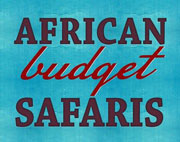


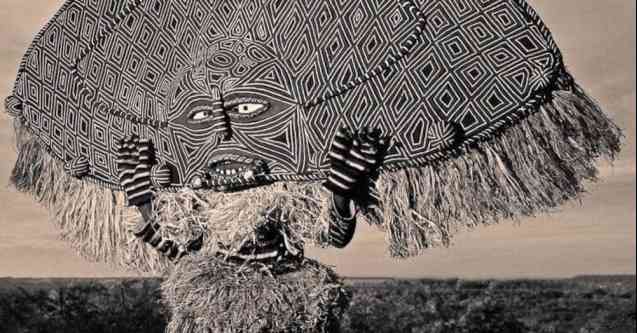
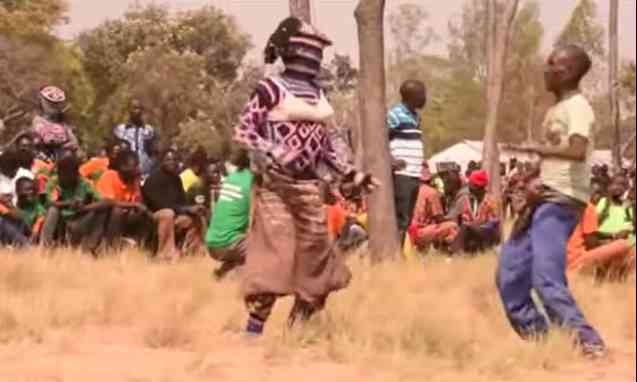
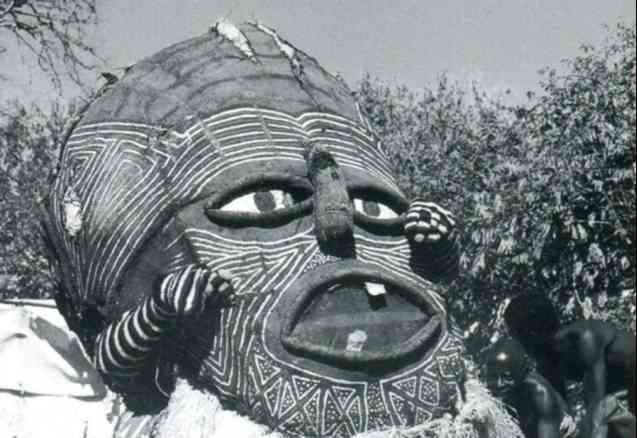
 On the outskirts of Marloth Nature Reserve, Andrew can be found walking and swimming in the beautiful Langeburg Mountains. He is passionate about animals, birds, reptiles, and plants and loves nothing more than an adventure in nature. An established artist with a master's in English literature, Andrew has traveled far and wide but South Africa still has his heart.
On the outskirts of Marloth Nature Reserve, Andrew can be found walking and swimming in the beautiful Langeburg Mountains. He is passionate about animals, birds, reptiles, and plants and loves nothing more than an adventure in nature. An established artist with a master's in English literature, Andrew has traveled far and wide but South Africa still has his heart.












